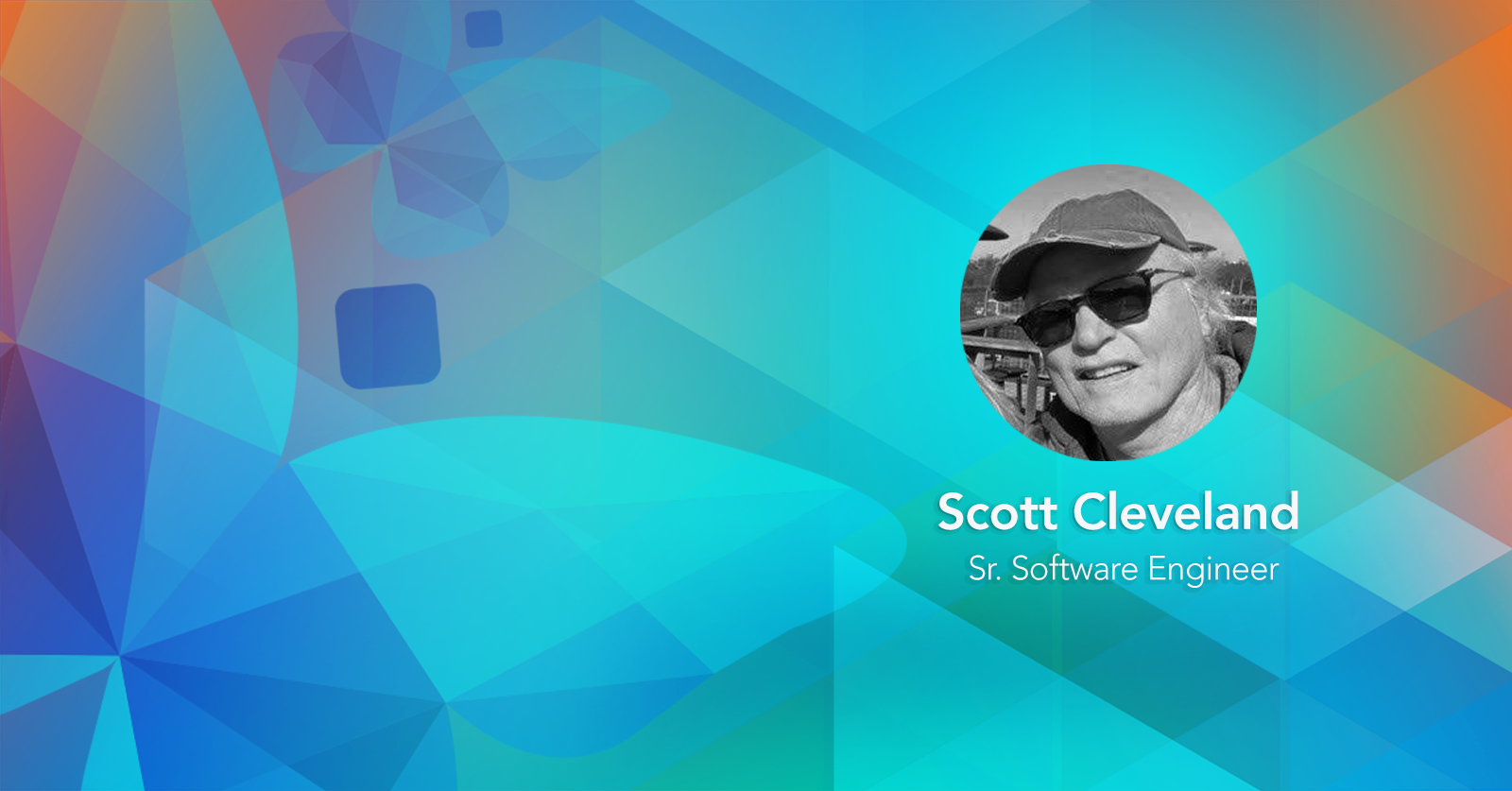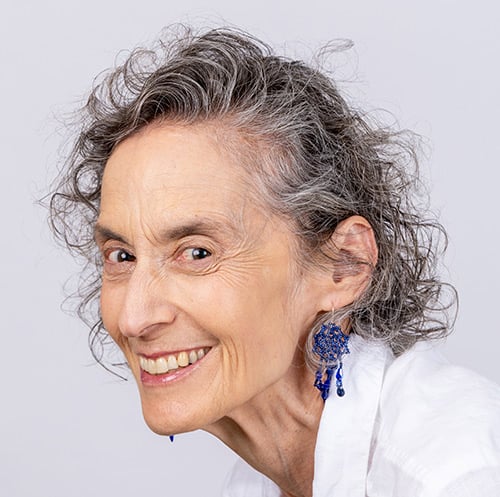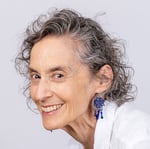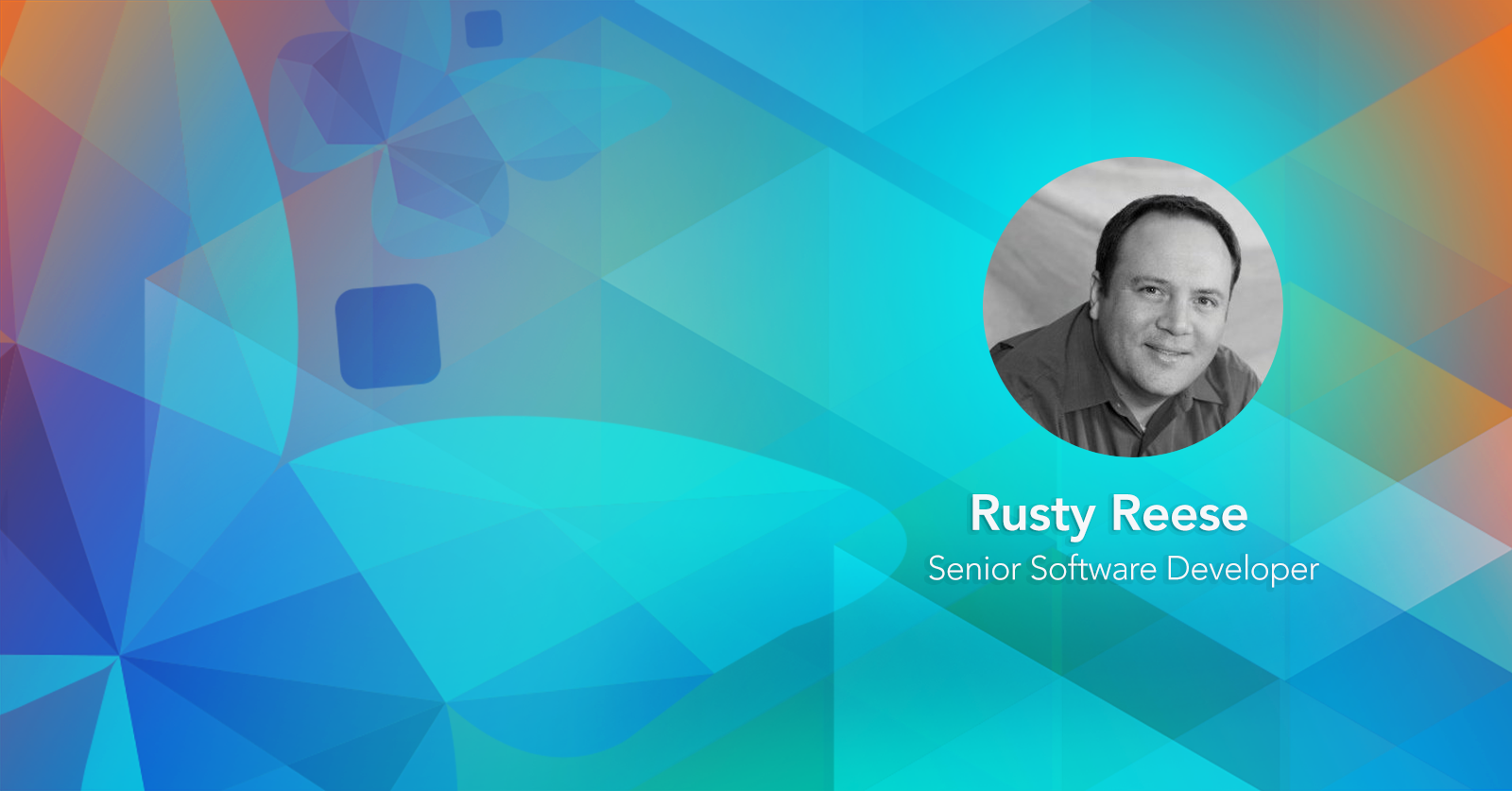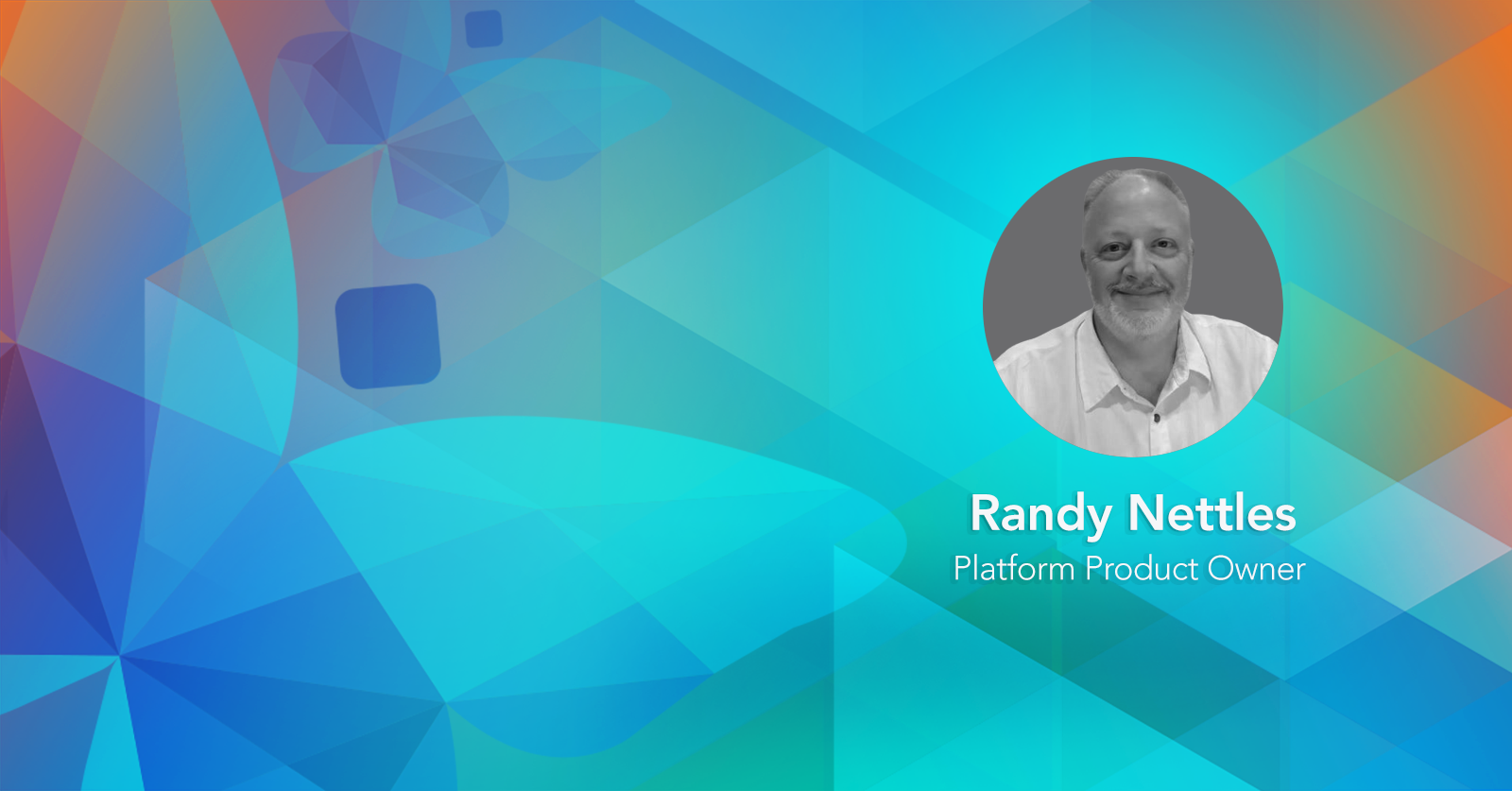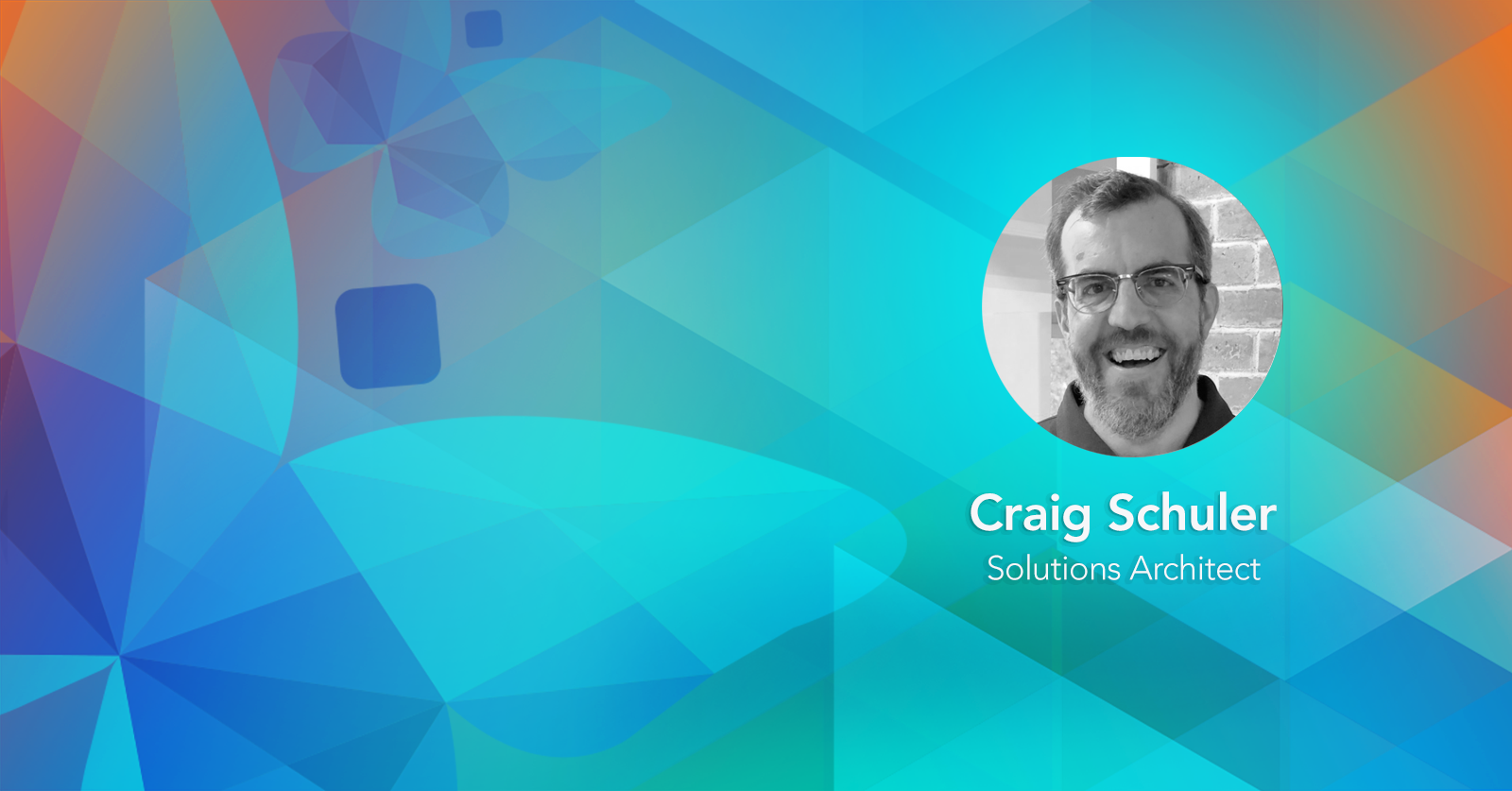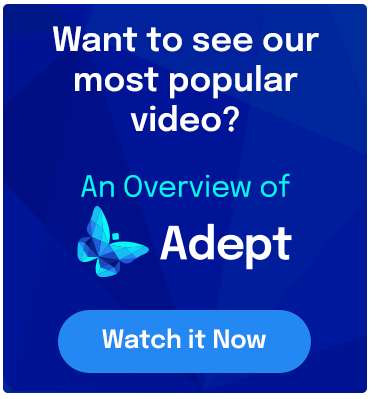It’s over four years since I last saw Scott Cleveland at 18 South Fifth Street in Quakertown. Scott shared the second floor’s grandest corner office, but his computer faced the 10’ high inside wall, which was artfully arranged with photos, magazine and album covers, and other mementos of musicians, actors, inventors, athletes, and public figures as diverse as Jaco Pastorius, John Cleese, Howard Hughes, Charles Lindbergh, The Beatles, The Honeymooners, FDR, Frank Zappa, David Lynch and Jimmy Stewart.
Scott and I always found common ground talking about The Beatles, other 60’s bands, and movies. So, when we hooked up on Zoom recently, the Fab Four was an easy segue.
“The latest Beatles movie, “Get Back,” comes out on DVD July 12,” says Scott. “At three hours, I'll treat myself to those DVDs. It’s a lot of content to dissect. I'll watch it once and then go back. I grew up with the Beatles. We watched them on the Ed Sullivan show at our house in Strafford, during grade school and high school. They were constantly changing which was one of the fascinating things about them.”
Music has always played a big part in Scott’s life. Beyond The Beatles, Scott loves real jazz, the bebop or 1960s and blue note artists—a “whole canyon” of jazz standards from the late 50's up until the early 80's.
He’s also a collector of vintage music and movie devices and recently bought a 1962 Seeburg jukebox, which he’s loading up with a classic collection of 45’s from the late sixties-- Creedence Clearwater Revival, Jay and the Americans, Procol Harum, Steppenwolf, The Monkees, and Tommy James.
“The funny thing is, I'm buying 45's either on eBay or at local record shops and when you put them on, they sound all hissy and skip a little bit. First, I think, ‘Oh, that's terrible’. But then I realize that's exactly how they sounded playing on a jukebox in a bar or a restaurant. I like them as they are.”
From “Techie” to Mechanical Engineer
Scott grew up in Strafford, PA, Radnor township with his parents, a brother, and a sister. He attended Catholic school for a couple of years before transferring to Wayne Elementary and staying on in public school through Radnor High.
Scott describes himself as a “techie sort,” who was into electronics and working on cars. “I was pretty much the guy that was always taking things apart and trying to figure out why they worked.”
It was curious to discover Scott’s awkward path to becoming the exceptional engineer and programmer I know.
“At the end of High School, I felt - and was- completely unprepared for college,” states Scott. “I ended up going to Delaware County Community College for a couple of years until I could transfer into Villanova and graduate. If I had paid attention a little bit more in High School, I don't think it would have been as hard.”
At community college, Scott locked on their engineering program. He transferred to nearby Villanova as a junior and graduated with a degree in mechanical engineering by 1980, only two years behind where his high school class graduated. “I felt pretty good about making it all happen pretty quick without being properly prepared.”
Finding Synergis. . .
For the first 20 years of his career, Scott worked as a project engineer, mostly in machine design. He worked at Gulf & Western for most of the eighties. Then, in the nineties, he worked for a company, Omega Design, who was also an early adopter of Synergis Network File Manager, the forebear of Adept.
“I remember all these people from Synergis around the office. All our drawing files were on their local hard drives, and we needed to get everything together. We moved and consolidated all the company’s drawings onto a new server and synchronized them into NFM. That was my first exposure to document management in the engineering world.”
After Omega, he worked for Genesis, a pharmaceutical production equipment company. He advocated for document control and was instrumental in purchasing Synergis NFM to manage the company’s engineering drawings.
Hmmm. Sounds like an omen. Or maybe breadcrumbs leading the way home?
Around 1990, with the explosion in personal computing, Scott started programming on his own.
“I really enjoyed trying to figure out engineering problems with programming. I started to look around, to see if I could make the career change. I got a couple of interviews, and it wasn't really the right fit for my background.”
In 1999, he answered an ad in the Philadelphia Inquirer for a programmer job at Synergis. “I was emailing Eric Howard and Betty Brzoza, but it never gelled. They hired another contract guy.”
A year later, in June of 2000, he saw the same Synergis ad again. “I was talking to Betty, and she remembered me. I came in for an interview and talked to Eric and Betty and, Bill Stamp. Two months go by, it’s August, and I’m thinking ‘this isn’t going anywhere.’ Then, I got a call to come in and interview with David Sharp, the President.”
Destiny done. He started work at Synergis in September 2000.
Let’s Do Some Custom Programming . . .
Initially, Scott joined Synergis as a developer working for the IT department. His experience in Mechanical engineering, CAD, and programming made him a natural fit. He worked closely with Eric Howard, the then director of custom programming. “Eric had done a couple of larger custom programming jobs and needed some help,” explains Scott. “I did some AutoCAD programming for him for Lockheed Martin.” Within a year the AutoCAD custom programming jobs dried up and Eric was working remotely from his home in York.
“I remember Todd Cummings coming in one day and saying, ‘I’ve got an idea. How about you do custom programming for Adept? Maybe the data migrations. That’s something Bill doesn't have time to do—he’s tied up with new development. We need somebody to give it more attention, working with customers.’”
The work for Adept got very busy, very quickly.
Scott recalls, “Todd Dietrich came in, I think in the fall of 2002, just to help me on the administrative end--writing specs and working with the customers. For the next, four or five years there was a lot to do. Sean Swope and Wayne Hank came on board next. It was the four of us doing all the customer programming for a while.”
Data Migrations and Custom Programming Take Off
Data migrations for Adept and custom programming gave Synergis a hook into larger accounts. There were lots of companies who wanted to migrate from other document management systems or a big Access database. One of the first orders was for multiple departments at Olin Corporation, Olin Brass, and Olin Winchester.
In the early data migration days, there was no such thing as sending out a hard drive and retrieving a customer’s data via FedEx. Instead, Scott began to travel across the country to complete “weekend data migrations” where legacy data was transferred to Adept before CAD designers and engineers started first thing Monday morning.
After Olin, a large migration and custom programming job was for Gillig, a bus manufacturer in Hayward, California. After Scott and Todd completed the data migration, Gillig wanted for a custom auto number program and customized workflow to streamline a complex engineering procedure that was tied into their billing and invoicing systems.
On the heels of the Gillig project, Scott flew to CBS Corporation in Hollywood, California.
“It was so interesting to see all the different types of businesses that were using our product,” Scott reminisces. “CBS in Hollywood bought Adept to manage their CAD production designs for soap opera sets.”
“We wrote them a little custom wall extractor program to help them keep an inventory of all their room walls. When they were doing a new soap opera, they would say, ‘Okay, we need a living room, we need a dining room, we need a kitchen,’ and they would go through Adept to see what walls they had in stock to set the rooms, bring in the cameras and decide on how to film.”
“They took us up to the filming area, which was as big as a gymnasium, with each room next to the other. They would film three scenes in the bedroom then slide the camera down three walls to the living room, and then down to the kitchen. It was amazing to experience. It was just completely different from anything we’d done before in an engineering environment.”
Scott and Todd Dietrich continuously refined their data migrations. “It got to where Todd and I were on the same wavelength. Every time a data migration would come in, we knew exactly what we needed to do.”
In fact, the idea for Adept plugins was born from all the repeat custom programming projects.
“I remember Todd Cummings and Scott Lamond saying, ‘Hey, that little project you did for so-and-so, you did the same kind of one for somebody else. Maybe we should make this into a standard plugin that everybody can use,’” says Scott. “Sean worked on a lot of the plug ins and then Greg Tapler came on board, and he was helping out. In the end we had a suite of 20 or more of these standard plugins that came out-of-the-box with Adept.”
“Speaking Engineer” is a Big Benefit
As an engineer, Scott used AutoSketch in the late eighties. “I just remember drawing a circle and a triangle and thinking, ‘this is like space age’. It was so completely different than actually using a pencil and paper. Drawing on the screen you could save it and come back to it. Oh my God, it was great.”
He also had experience with AutoCAD, starting with R9 and then R13. It was Scott’s background that made it easy for him “to click” with our engineering customers and to listen, understand, and communicate the “Why” of what they wanted.
“It made complete sense that a lot of engineers have big, long, crazy part numbers that are built up between different selections that the user would input. I could always grasp the reasons why they wanted to do what they wanted to do. Like at Olin, they had three different order numbers because there were three completely different mindsets as to how they wanted it to work. But to me, it all kind of made sense.”
A Next Generation CAD Integration for Adept
For Adept to grow and compete in the expanding engineering document management market, the product had to find new audiences and deliver an overall better CAD user experience. Not everyone was happy with the current CAD integration and “the clunkiness of going out of AutoCAD to start up Adept and jumping back and forth between the applications”.
That’s when the idea came for a compact version of Adept that could be accessed from inside the CAD application. With Scott’s CAD experience he led the effort to create the Adept Task Pane, a next generation CAD integration.
Scott worked side by side with Joe Gasper, the then CAD product manager to flesh out the design
“Once we decided to have the Task Pane inside the CAD program, it was straightforward to create a single generic framework that worked with AutoCAD, SOLIDWORKS, NavisWorks and Inventor. The real challenge was trying to fit as many features as possible from the desktop into a lot less real estate on the Task Pane.”
While designing the new Task Pane, Scott discovered his love for UI work—making the interface clean, easy to navigate, and in synch with the CAD applications.
“We created the Task Pane so that for all CAD applications, a user could just sort of push the Task Pane aside when they didn’t need it, do their work, and then easily slide it back when it was time to check out a drawing or model out or check another part in. The 2009 SOLIDWORKS Task Pane was the first and then we just lined up the rest- Inventor, AutoCAD and then NavisWorks. For almost my entire career here, I've been able to keep the Task Pane current with new releases of the CAD software.”
Scott’s next feat was taking the desktop version of the Task Pane and making it web-based.
“The older desktop version of the Task Pane looks very much like the web version. We were able to update some of the controls but keep the overall look and feel very much the same. In the last couple of years, I've gotten involved in working on the web server because the web version of the Task Pane is very multi-faceted. We're trying right now to get everything from the desktop into the web version.”
Now that the Task Pane is mature and in maintenance mode, the days of adding new features and UI design are complete. Plus, the expanded programming team has been reorganized for greater efficiency, enabling multiple people to work on Task Pane and other components.
Scott’s most recent project is enabling the web server to be hosted in a cloud environment--a big step toward future proofing Adept. “While there are a lot of things that need to be changed,” remarks Scott, “the fundamental Adept brain is still the way it's always been in terms of check in and check out and workflow.”
When I heard Scott was retiring this year—at the end of June--I wondered what he savored or regretted about his longtime programming career at Synergis. Had he accomplished everything he’d hoped for? Had he left the mark he wanted -- on the product and with the team?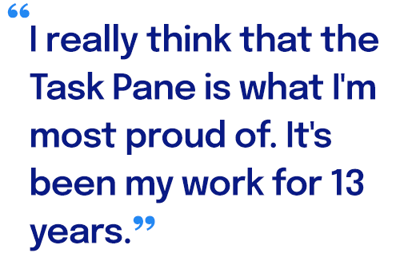
“You know, if I think back to Todd saying to me, ’Hey, do you think we can do CP and data migrations?’ to where we are now –a huge staff with lots of people doing lots of different work. It used to be a small group—just Bill, Paul, Gene, Tony, and me and, Charlie was QA. So, it's nice to see that we’ve grown, we’re going to continue to grow.”
“What made my job easier, was a consistency on how I did things. In my work, I try to keep things very modular and organized. So, when you have to go back and make a change or something, you’re not starting from scratch every time. There is a base to start with that makes what you're doing at the moment easier or make it more consistent with what's there. So, it’s easy to work around and get found quickly. It’s my engineering background. Engineering lives by things being organized and predictable. And it makes it easier in the overall scheme of things.”
Trading in Work for Travel and Family Time
After 31 years in Wayne, PA Scott and his wife Patty sold their big home last year and down scaled. Now, they’re looking forward to time together volunteering and visiting with their two grown daughters, Katie and Jamie in Atlanta and Washington, D.C. Also, in the picture are plans for travelling abroad.
With the recent passing of Patty’s mother, she and her brothers own the family house in Donegal, Ireland. Family and cousins also live in the area, so Scott and Patty are planning an extended trip to Ireland, UK, and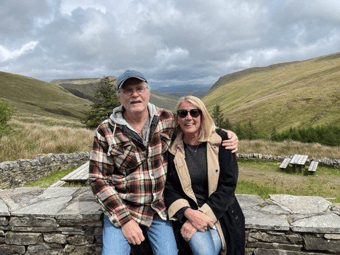 the Continent.
the Continent.
“It's very, very sort of homey place and a great area, close to the Atlantic. It's very, very peaceful. You can go there and not have to worry about anything else. It's very nice.”
I was curious if Scott was still playing the piano. “Wasn’t it jazz that you played?”
“I haven't played the piano as much in the last 10 years,” Scott replies. “That's kind of on the bucket list to have the time every day to practice and be regimented about that. I just don't have the amount of consistent time every day to devote to that. I'm hoping to bring that back.”
He muses, “In music, like engineering there’s an organization and consistency. It’s a common thread that runs between them. I know when some people listen to jazz, it sounds like craziness. But to me, there's a real regiment to it.”
Besides travel and music, Scott is a big ancestry geek.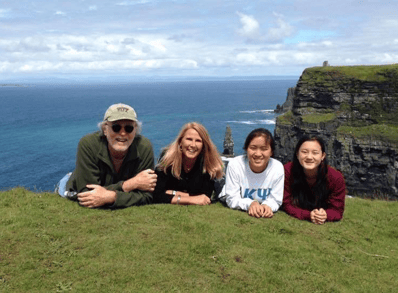
“I've been into that since 2016. My mom passed away in 2014 and all her stuff got moved into the top of our garage. I started going through some boxes and. I found pictures. I remember that picture of my grandfather on his way to be shipped out for World War I. And all of a sudden that it was--a person and place I could pinpoint historically.
“My father’s early days were a little bit of a mystery. He lived in Philly, and I don't think anybody knew anything more than just saying he grew up in Philly. I don't think he was hiding anything from us, he just didn't talk about it that much.”
“I've had all sorts of information about him and his side of the family and my mother's side of the family. And I've got my wife's both sides of her family in Ireland in the tree. I'm always working on something that is a mystery. The neat thing about ancestry is you’ve got the internet and there’s so much information just between Googling and different site like newspapers.com. They've got the Philadelphia Inquirer back to 1900. You can find information very quickly--fill in some blanks where you knew this about this person. And then you lose them for a couple of years. I just sort of keep chipping away.”
On the subject of family, I ask Scott what’s the secret to his successful marriage and family?
“I'm just kind of a steady Eddie, smooth sailor,” he laughs. “I don't run out and in the middle of traffic. It's not that I don't take a lot of chances, it's just that I like to stay focused and know we'll get there, and we'll be better off going that way.”
He adds, “It’s important to stay in focus with realistic goals. I never thought that I would make a career change the way I did when I started at Synergis. Looking back, I can't imagine having done another 20 years of engineering and been happy about it.”
During the Pandemic, his youngest daughter, Jamie came home for close to a year. “While it was challenging for her to have her career sidetracked and to be living back at home, we got to know each other better as adults. If we weren't living all together maybe, we wouldn't be as close as we are or know each other as well as we do.”
Considering his 22-years at Synergis, what is most extraordinary about the company?
“I love the family value about celebrating your mistakes. I used to joke about that, but the fact is, there would be other companies where if you made a mistake or series of mistakes, you might not be there anymore.”
“Synergis is an environment where mistakes are accepted as part of the process of learning. We're all sort of collectively working on things together and accountable to each other. To me, it's a much better atmosphere to work in.”
Perhaps more revealing than Scott’s personal reflections of his career are the testaments from the people who worked with him--through all the ups and downs.
“It’s always been a pleasure to work with Scott,” says Paul Ligowski, Manager of Software Development Manager. “He builds and maintains a large amount of critical code and works regularly with many team members to integrate functionality into many different parts of the application. Scott accomplishes difficult tasks with little direction, learns new technologies, and takes on extra projects. His contribution to the team and the product has been invaluable.”
Adds Todd Cummings, Vice President of Research and Development, “Scott is one of the nicest, most genuine people you will ever meet. He’s engaging, witty, easy-going, and always positive. Scott has worked diligently behind the scenes for the past 22 years making enduring and valuable contributions to our customers and to Adept.”
“When I think of working with Scott, I always picture him saying with his signature grin, ‘We can probably do that!’ He loves collaborating and always finds a way to meet a challenge and solve a problem. I remember phone calls well into the night when he was working on complex, down-to-the-wire projects. His dedication, loyalty, and tenacity are qualities that have made him a beloved colleague and critical team member. His dedication and commitment to his work are the stuff of Synergis legend.”
Longtime co-worker Bill Stamp praises Scott’s stalwart work ethic and friendship. “I have worked with Scott since the day he came to Synergis in 2000. In all those years I have not heard him say one negative word about a colleague, a task, or Synergis. Scott is always there to help, or willing to consider ideas when asking for help. He is incredibly quick to learn, humble, a trooper, a survivor, and an all-around great person to know and work with.”
We celebrate you, Scott Cleveland. You will be missed. May your next 20 years be your best.

